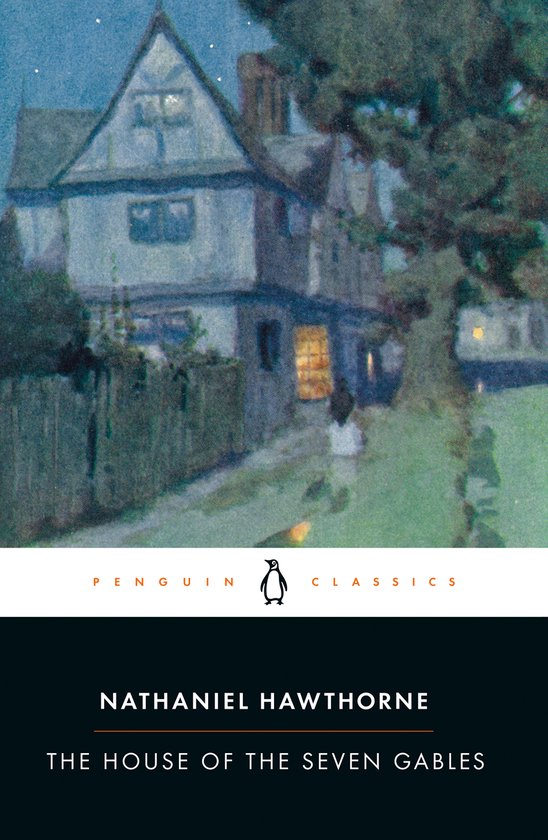The house of the seven gables gothic classic illustrated unabridged edition historical novel about salem witch trials from the renowned american author of the scarlet letter and twice told tales with biography

Direct beschikbaar
In 'The House of the Seven Gables,' Nathaniel Hawthorne weaves a haunting tale of family secrets, curses, and redemption set in a decaying mansion in Salem, Massachusetts. This Gothic classic explores themes of guilt, retribution, and the lasting impact of the past on the present. Hawthorne's rich and descriptive prose, as well as his ability to create a dark and mysterious atmosphere, make this novel a masterpiece of American literature. The historical context of the Salem Witch Trials adds depth and complexity to the narrative, offering a fascinating glimpse into a dark chapter of American history. Nathaniel Hawthorne, a descendant of Salem witch trial judge John Hathorne, was uniquely positioned to explore the themes of guilt and shame that permeate 'The House of the Seven Gables.' His own family history, combined with his keen understanding of human psychology, allowed him to craft a deeply introspective and thought-provoking novel. Hawthorne's reputation as a master of symbolism and allegory is evident in this work, as he uses the physical decay of the Pyncheon mansion to mirror the moral decay of its inhabitants. I highly recommend 'The House of the Seven Gables' to readers who enjoy thought-provoking historical fiction with a touch of the supernatural. Hawthorne's exploration of guilt, redemption, and the weight of the past is as relevant today as it was when the novel was first published, making it a timeless and enduring classic.
- 1 Bekijk alle specificaties

